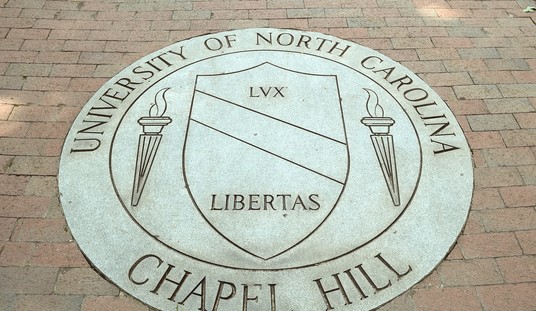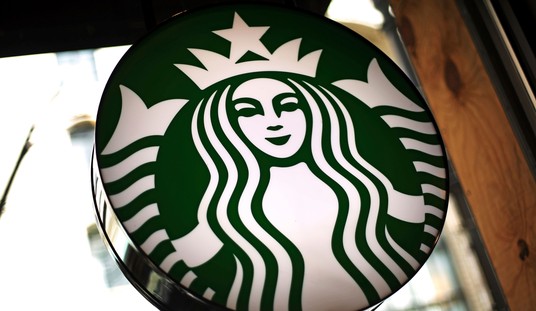http://instagram.com/p/j7XA7UmBra/
As the world mourned the loss of Soviet evangelist Pete Seeger last week, I encountered stories of real Soviets who found God, not in the hammer and sickle of the USSR, but in the smuggled bootleg lyrics of the Beatles.
How the Beatles Rocked the Kremlin is a fascinating narrative detailing Soviet Baby Boomers’ covert love affair with the Fab Four. Interviewing a variety of Russian Beatlemaniacs, including many post-Communist music scene movers and shakers, over the course of nearly two decades, British filmmaker Leslie Woodhead discovered that The Beatles were much more than a band in the U.S.S.R. For many Soviet teens, The Beatles were a glimpse at independence, freedom, and even God.
The idea that a rock and roll band could provoke the understanding of the intertwining of God and freedom, let alone inspire a search for the divine, is one that is largely lost on an American audience. After all, as Soviet teens risked Kremlin hellfire to listen to Beatles tracks, their American counterparts in the Bible Belt were throwing their records on bonfires, forced by a religious hierarchy that saw John Lennon and his band as a threat to Christ. Rock music then became the stuff of hippies, the class that scoffed at religious institutions and, like The Beatles, sought divine encounters and self-empowerment through eastern religions.
Arguably, the advocates of Beatles burnings did more to harm Christ’s reputation and following than John Lennon ever could. After all, as he explained, his ironic quip about Jesus was more of a warning than a declaration:
“I’m not anti-God, anti-Christ or anti-religion. I was not saying we are greater or better. I believe in God, but not as one thing, not as an old man in the sky. I’m sorry I said it, really. I never meant it to be a lousy anti-religious thing. From what I’ve read, or observed, Christianity just seems to be shrinking, to be losing contact.”
Ironically, it’s a warning that post-Soviet leaders like Vladimir Putin have heeded with their own political purposes in mind.
http://instagram.com/p/jkgz2FGBkv/
Woodhead details Time Machine headliner Andrei Makarevich’s experience at Paul McCartney’s infamous 2003 Red Square concert:
“I was in my seat when two guys in black suits came up and asked me very politely to move closer to the stage.” He found himself placed next to an empty chair as McCartney ripped into Can’t Buy Me Love. “Then I saw a little group of officials striding toward me, and suddenly President Putin sat down in the empty chair. He said ‘don’t look at me, look at the stage.’ Then a pile of photographers crowded around us.” So while the Kremlin got its pictures of the youth-friendly president chatting to a rock star, Putin told Makarevich how McCartney had performed Let It Be for him when they met before the concert. Everybody won.
In post-Soviet Russia, McCartney and Lennon have both been praised as heroes who advocated for peace (read: no Western aggression against communism) in the midst of the Vietnam War. Woodhead observed, “The music that had been banned and derided by the Kremlin for decades was now being embraced and exploited to win hearts and minds.”
Putin’s government does not react so kindly, however, to the Motherland’s own homegrown rock. The two lead members of feminist band Pussy Riot were imprisoned in 2012 for “hooliganism” after performing the anti-Putin song Punk Prayer in the Moscow Cathedral. It’s a powerful song, calling on the Virgin Mary to stop siding with the corrupt Russian Orthodox Church, an institution working hand-in-hand with the equally corrupt “Chief Saint of the KGB”, Vladimir Putin:
Patriarch Gundyaev believes in Putin
Better believe in God, you vermin!
Fight for rights, forget the rite –
Join our protest, Holy Virgin
Facing intense public pressure, Putin released the two singers early ahead of the Sochi Olympics. Pussy Riot, however, has no plans to perform live again, and their intention to release videos on the Internet eerily hearkens back to the era of the bootleg disc trade at the height of the Soviet regime.
The band’s on political and religious dictators to believe in God, not the State nor the Church. This is the current threat at the end of rock’s historical thread of influence on Russia’s politics: God is bigger than the Kremlin. For the Soviet Beatles generation, the four lads from Liverpool were merely the prophets wandering the wilderness who happened to pave the way, something, as it turns out, for which John Lennon would have been rather proud:
“It’s just an expression meaning the Beatles seem to me to have more influence over youth than Christ,” he says. “Now I wasn’t saying that was a good idea, ‘cos I’m one of Christ’s biggest fans. And if I can turn the focus on the Beatles on to Christ’s message, then that’s what we’re here to do. …If the Beatles get on the side of Christ, which they always were, and let people know that, then maybe the churches won’t be full, but there’ll be a lot of Christians dancing in the dance halls. Whatever they celebrate, God and Christ, I don’t think it matters as long as they’re aware of Him and His message.”
On the left, American baby boomers mock the Church’s anti-Lennon paranoia. On the right, Soviet baby boomer Kolya Vasin sits in his self-created John Lennon Temple of Peace, Love and Music. “When I got to know The Beatles, I started to believe in God.”









Join the conversation as a VIP Member